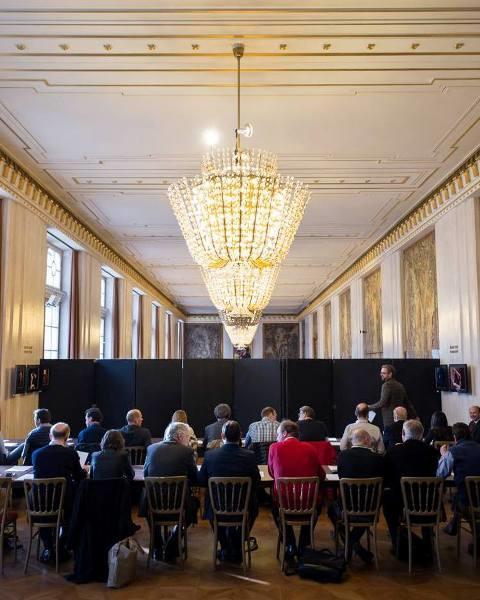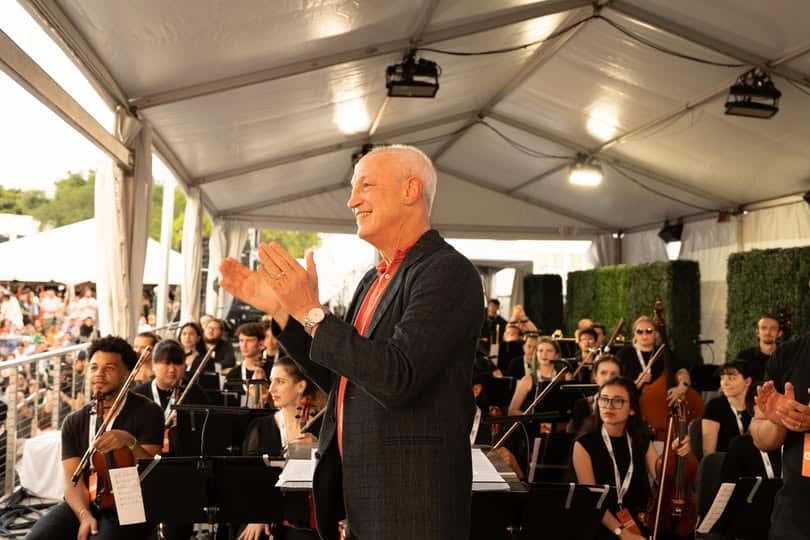Editorial: It’s time to change orchestra auditions
OrchestrasTwo posts this weekend about auditions in Europe and the US drew a tsunami of responses, mostly defending the current administrative practice of seeking to balance – that is, manipulate – new entrants to orchestra to assure a better general and ethnic distribution.
Worthy as that ultimate aim is, the rigging of auditions can be unfair to candidates who have expended money and time in pursuit of a position in a respectable orchestra.
In one case, the Minnesota Orchestra demanded demographic data from candidates. Why would this be necessary when the auditions are supposedly ‘blind’ and usually held behind a screen?
In the other, at an international European orchestra, candidates were told that two of their number had been pre-selected for a very shortlist. In other words, they might just as well have stayed at home.
Unfairness is embedded in the audition process. Our suspicion is that the situation is getting worse – at least for non-diverse applicants. The system desperately needs reformation. Some orchestras talking of scrapping blind auditions. Good idea, or not?
Do you want an orchestra with the most proficient applicants, or the most ethnically balanced?






Comments